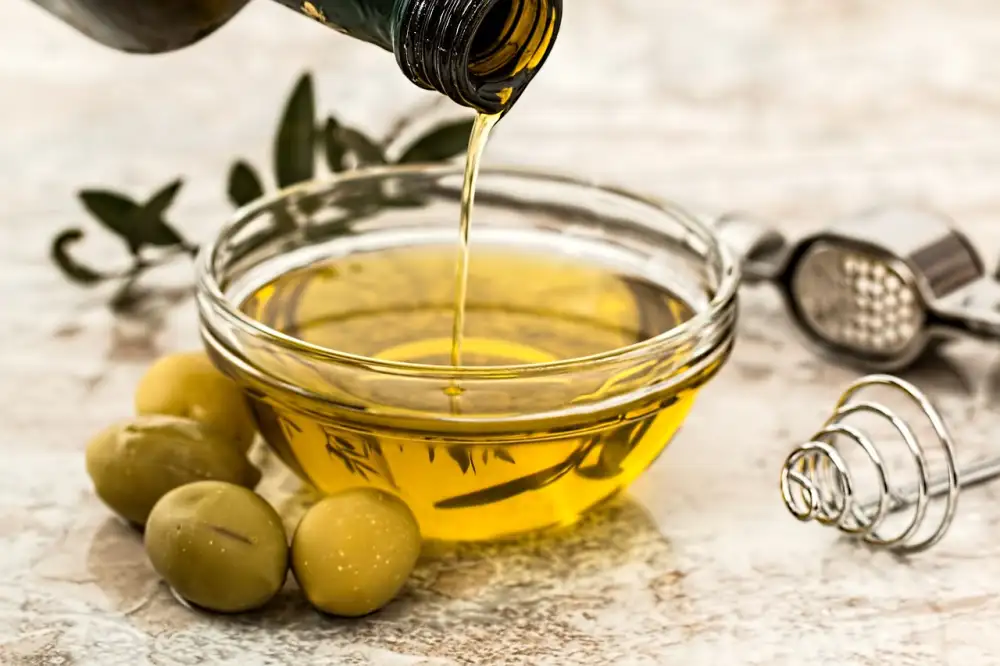Can Peppermint Oil Effectively Repel Mice? Unveiling the Truth in Home Pest Control

- Understanding the problem: Mice infestation in homes
- Exploring natural remedies for repelling mice
- Peppermint oil: A potential solution for mouse repellent
- How does peppermint oil repel mice?
- Scientific evidence supporting the use of peppermint oil
- Tips for using peppermint oil as a mouse repellent
- Other considerations for effective mouse control
Dealing with pests in our homes can be a frustrating and challenging task. Among the most common pests that invade our living spaces are mice. These small rodents not only cause damage to our property but also pose health risks by spreading diseases through their droppings and urine. While there are various methods available for mouse control, many people are now turning to natural remedies as a safer and more environmentally friendly option. One such remedy that has gained popularity is peppermint oil. In this article, we will explore whether peppermint oil is truly an effective solution for repelling mice and keeping them out of our homes.
Understanding the problem: Mice infestation in homes
Mice infestations in homes can be a common and frustrating problem. These small rodents are attracted to the warmth and abundance of food that our homes provide. They can enter through tiny openings, making it difficult to keep them out.
Once inside, mice can cause damage by chewing on wires, furniture, and walls. They also contaminate food with their droppings and urine, posing a health risk to humans. Additionally, mice reproduce quickly, so a small infestation can quickly turn into a major problem.
Traditional methods of mouse control often involve the use of traps or toxic chemicals. However, many people are now seeking natural alternatives that are safe for both humans and pets. One such remedy is peppermint oil, which is believed to repel mice due to its strong scent.
In the next section, we will explore whether peppermint oil is an effective solution for mouse repellent and how it works to deter these unwanted pests from our homes.
Exploring natural remedies for repelling mice
Exploring natural remedies for repelling mice, there are several options to consider. Many people prefer using natural methods to eliminate pests, as they are often safer and more environmentally friendly than chemical-based solutions. Some popular natural remedies include using essential oils, such as peppermint oil, as well as other substances like vinegar, garlic, and mothballs. While these remedies may not be as potent as chemical pesticides, they can still be effective in deterring mice from entering your home.
Peppermint oil: A potential solution for mouse repellent
Peppermint oil has gained popularity as a potential solution for repelling mice. This natural remedy is known for its strong scent, which is believed to be highly unpleasant for rodents. Many homeowners have turned to peppermint oil as an alternative to chemical-based mouse repellents. But does it really work? Let's delve deeper into the effectiveness of peppermint oil as a mouse repellent and explore the scientific evidence behind its claims.
How does peppermint oil repel mice?
Peppermint oil is believed to repel mice due to its strong scent, which is overwhelming and unpleasant for them. The potent aroma of peppermint oil masks the pheromones that mice use to communicate and navigate their surroundings. This confuses and disorients them, making it difficult for them to find their way around. Additionally, the strong smell of peppermint oil irritates their sensitive noses, causing discomfort and discouraging them from staying in the area.
Scientific evidence supporting the use of peppermint oil
Scientific studies have provided evidence supporting the use of peppermint oil as an effective mouse repellent. A study published in the Journal of Pest Management Science found that peppermint oil had a significant repellent effect on mice, causing them to avoid areas treated with the oil. Another study conducted at the University of Nebraska-Lincoln showed that peppermint oil was successful in repelling mice and reducing their activity in infested areas. These findings suggest that peppermint oil can be a valuable tool in controlling mouse infestations in homes.
Tips for using peppermint oil as a mouse repellent
1. Use pure, undiluted peppermint oil: Diluting the oil may reduce its effectiveness in repelling mice.
2. Soak cotton balls with peppermint oil: Place these cotton balls in areas where mice are likely to enter or nest, such as near entry points or in dark corners.
3. Refresh the scent regularly: Peppermint oil loses its potency over time, so make sure to replace the cotton balls every few weeks or when the scent starts to fade.
4. Combine with other preventive measures: While peppermint oil can help repel mice, it is important to also seal any cracks or holes in your home and keep food stored securely to prevent attracting them.
5. Experiment with different concentrations: Some people find that a stronger concentration of peppermint oil works better for their specific situation, so feel free to adjust the amount of oil used until you find what works best for you.
Remember, while peppermint oil can be an effective natural mouse repellent, it may not work for all cases. If you have a severe infestation or if your efforts are not yielding results, it is advisable to seek professional pest control assistance.
Other considerations for effective mouse control
Other considerations for effective mouse control include keeping your home clean and free of food debris, as mice are attracted to sources of food. Seal any cracks or openings in your home's foundation, walls, and windows to prevent mice from entering. Additionally, consider using traps or calling a professional pest control service if the infestation persists. Remember that peppermint oil alone may not completely eliminate a mouse problem, but it can be used as part of an integrated approach to pest control.
In conclusion, peppermint oil shows promise as a natural mouse repellent for your home. While scientific evidence supporting its effectiveness is limited, many homeowners have reported success in using peppermint oil to deter mice. However, it is important to note that results may vary depending on the severity of the infestation and other factors. To maximize its potential, ensure you use 100% pure peppermint oil and follow proper application techniques. Additionally, consider implementing other effective mouse control measures such as sealing entry points and maintaining cleanliness in your home. Ultimately, peppermint oil can be a valuable tool in your pest control arsenal, but it may not be a standalone solution for severe mouse infestations.
Published: 13. 12. 2023
Category: Home



